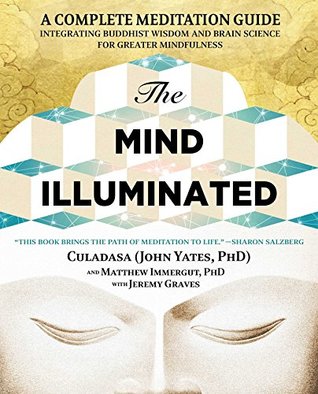More on this book
Community
Kindle Notes & Highlights
Read between
August 5, 2017 - August 2, 2018
I’ve always been a seeker.
a search for ultimate Truth.
“noting” meditation practice.
This book is my offering to all Truth seekers everywhere who are on their own special journeys.
there is no self in control of the mind, and therefore nobody to blame!
Think of the untrained mind as a turbulent sea. Attention to the breath is like an anchor, making the raft we float on steady enough to stand on and look out from. When
Staying mindful means you’re calmer, don’t react so quickly, or get distracted by your own emotions. With mindfulness you recognize more options, make wiser choices, and take control of your behavior.
Just being aware that our suffering has more to do with our emotional reactions than with what triggered them can help
easily. Mindfully acknowledging our emotions and taking responsibility for our reactions lets us recognize more options, choose wiser responses, and take control of our behavior. Awareness in the present moment allows us to slow down and change our behavior, but it doesn’t make any permanent changes. The next time we’re in a similar situation, we’ll behave in the same automatic, reactive way—unless, of course, we’re mindful once again.
Thus people who have cultivated mindfulness are more attuned and less reactive. They have greater self-control and self-awareness, better communication skills and relationships, clearer thinking and intentions, and more resilience to change.
The most valuable effect of mindfulness is that it allows Insight experiences to sink in, radically reprogramming our intuitive view of reality, and of who and what we think we


